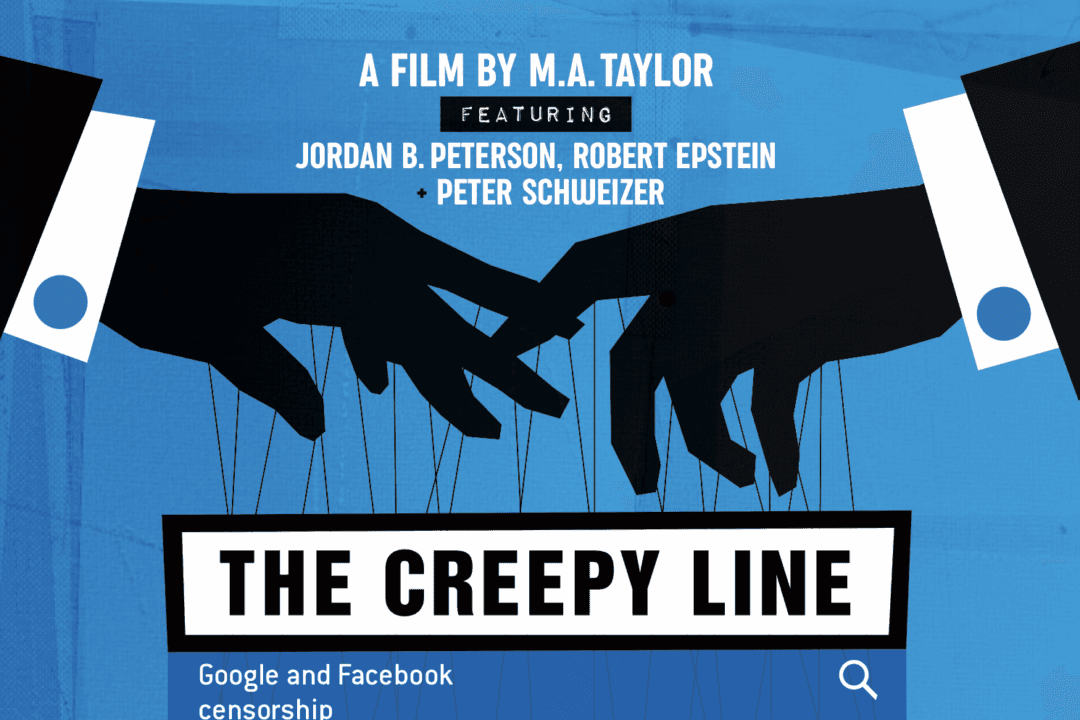When considering election interference, news of state actors such as Russia and China engaging in “fake news” campaigns on social media has dominated the headlines.
Largely missing from the discussion, until recently, has been the power available to tech giants—specifically Google and Facebook—to influence the behaviors of their users, including voting behavior, in ways that are extremely difficult to track or even perceive.





